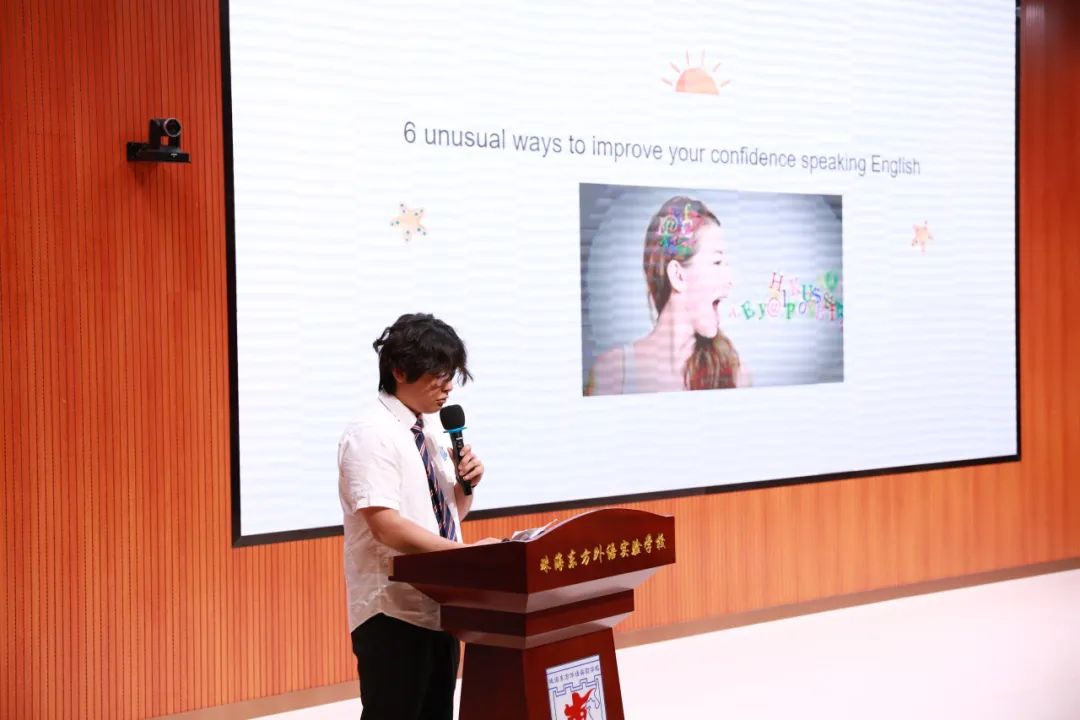Over the last few weeks, the children have settled well into the new term and are becoming more familiar with the classroom routines. Since the beginning of October, children have already stepped into the BMH English Programme with the beginning of our Inquiry Learning.
“ BMH English Programme”
Our BMH English Programme is based on the United Kingdom National Curriculum (UKNC) and Early Years Foundation Stage (EYFS). It has three components, continuous from Preschool to Prep School and then onto Senior School, namely the UK National Curriculum Phonics Programme, Talk for Writing and UK National Curriculum Programme for Reading (Guided Reading).

Added to this are opportunities to strengthen and improve speaking and listening skills. The benefits of running a whole school English Programme are to maintain a consistent standard of learning and skills development and enable children to build upon previous learning year after year.
“ Phonics”
The Phonics Programme used at BMH is a UK Department of Education-approved programme, known as the Twinkl Phonics Programme, and has six levels with clear progression from Pre to Prep School. It is a fully comprehensive, synthetic phonics teaching programme and is globally known and used.
In Phonics, students are introduced to letters and the corresponding sounds they make. Students learn to link a grapheme to a phoneme, and this link is referred to as grapheme-phoneme correspondence (GPC). There are 44 phonemes in the English language; these include the 26 letters of the alphabet plus consonant sounds such as /sh/ and /ng/ and long vowel sounds such as /ee/ and /igh/. Each phoneme is introduced. The Twinkl Phonics Programme provides a variety of support scaffolds such as stories, pictures, actions, letter formation rhymes and songs for students to make links through visual, auditory and kinaesthetic stimuli, which helps them to access and secure this learning.
Over the few weeks before the National holidays, class teachers carried out Phonics assessments with the students to place them in the correct learning groups across the year group for the lessons that will take place daily.
What each lesson will look like once the students are ready to learn in the classroom depends on the assessment results and the student's needs. Each level of the programme focuses on a different component for students to master the cornerstones of Phonics in order to read and write fluently.
“ Talk for Writing”
Talk for Writing was developed by literacy specialist and writer Pie Corbett and is a unique process that uses spoken activities to develop writing skills. It is based on classical texts and different writing genres, with EYFS targets used to ensure progress is made within the teaching of writing.
The process is divided into four stages: 1. Baseline Assessment: The Cold Task 2. Imitation 3. Innovation 4. Independent application – The Hot Task
The initial assessment centres the lesson. Teachers assign what is referred to as a "cold" task or a "have a try" activity. There is no pre-teaching; instead, there is a stimulating and rich starting point that supplies the material for the task. The purpose of this is to determine what the children can do on their own at the beginning of a unit while drawing from their prior knowledge.
Stages two to four are where the magic happens and it is here where the students learn and internalise text to identify transferrable ideas and structures (imitation), where students use these ideas and structures to co-construct a new version with their teachers (innovation) and where teachers help students to create original texts independently (independent application).
Teachers can use methods to help younger children produce a final piece even though they might not be able to write their final pieces like the older students. Examples of this include, but are not limited to, videos of students talking about their stories or picture drawing.
To further enrich student learning, there will be between 4 to 8 writing units per year, coinciding with the Inquiry Units for each year group.
“ Guided Reading”
Guided Reading is a differentiated instruction that supports children in developing reading proficiency with the smaller group dynamic, allowing them to be taught in a way that's more focused on their specific needs. The guided reading sessions will be done on a weekly basis.
Students read a teacher-selected text, and the teacher provides explicit teaching and support for reading increasingly challenging texts. The texts are at the student's instructional reading level.

There are many benefits to guided reading, such as it gives students the opportunity to develop as individual readers and it helps them to develop great control over their reading process through the development of reading strategies which assist in decoding and constructing meaning which will help them read increasingly challenging texts.
As with the Phonics Programme, after the class teachers have completed the PM Benchmark Reading Assessments, students will be grouped according to their reading levels in groups of no more than six students.
Raz-Kids and Literacy Planet accounts will be available for all students for home reading to further strengthen their reading skills.
“ Speaking and Listening”
This aspect of the English Programme is embedded in all parts of the English curriculum using English as a Second Language (ESL) and English as a Foreign Language (EFL) best practices, as well as during songs, games, and role plays, to name a few.
There will also be opportunities for students to showcase their language proficiency through Show and Tell and Sharing Units. These early language experiences help build effective communication and listening skills essential for a young child's learning. It also helps foster public speaking skills and helps children feel comfortable talking in front of a group of peers.
The English Programme is built on the foundation that we strive to ensure we meet the needs of our students to give them the best chance of succeeding in learning. We look forward to a successful year of learning together.
Once pandemic restrictions allow us, we will hold several 'English Coffee Mornings' to delve deeper into each area of English learning to give you a more hands-on explanation of our curriculum.
Should you have any questions regarding your child's English learning, please do not hesitate to contact your child's class teacher.






